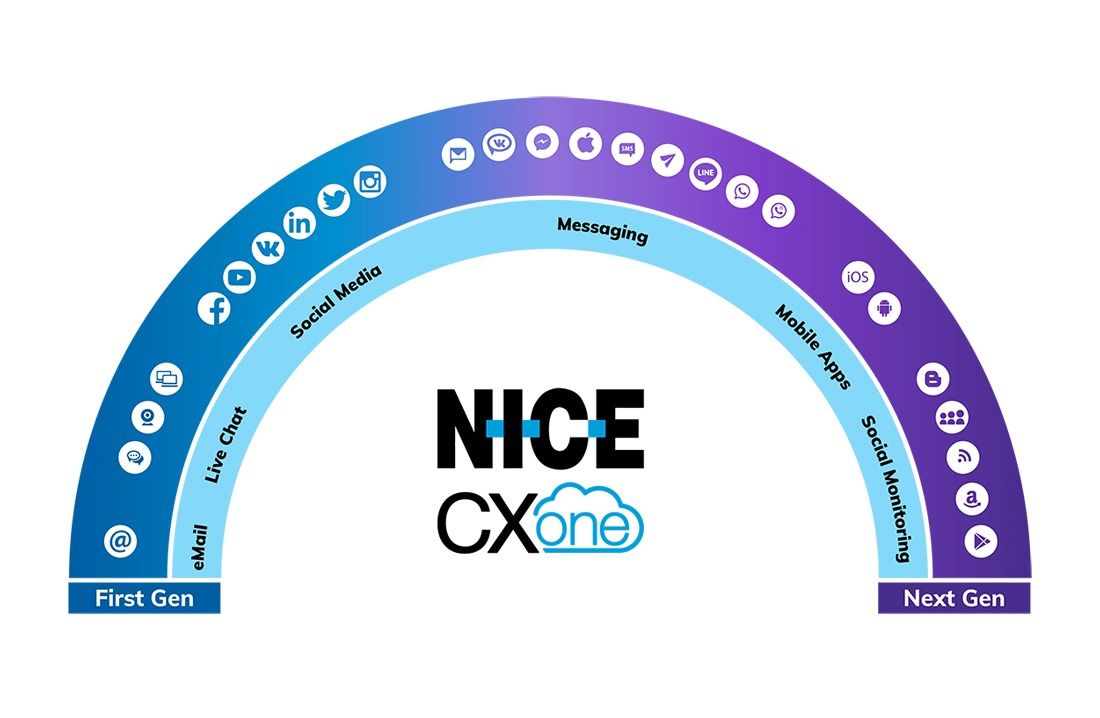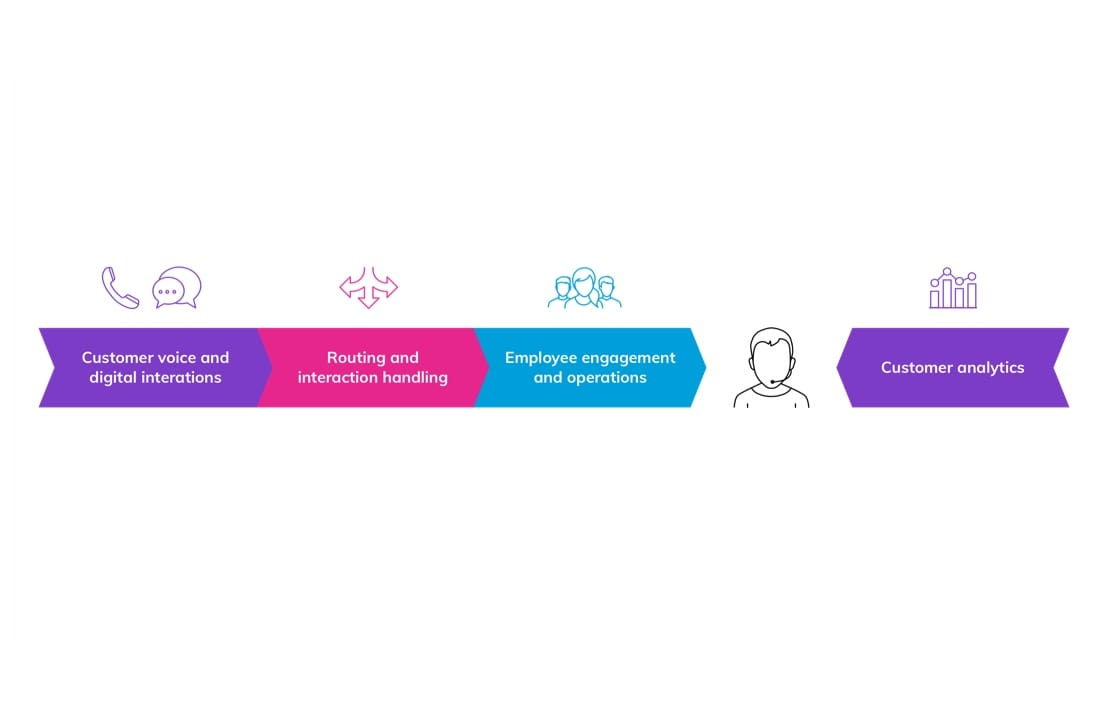Assist with the sales process
Customer service chatbots can also help with lead qualification by gathering relevant information from a customer. For example, if someone wants assistance purchasing corporate software, the chatbot could ask them about the number of anticipated users and the purchase timeline. This would allow a business to send the lead to the right sales team. Chatbots can also take a more proactive sales role by engaging shoppers online and making recommendations based on what they have viewed or what's in their cart.
Automate routine tasks
Customer service chatbots can help automate tasks that would otherwise be done by customer service agents. This frees up your skilled employees for more value-added activities. Some examples of these tasks include customer service inquiries, appointment setting and booking hotel reservations. In a chat session, the bot can find out a customer's preferred dates and times, check availability, suggest alternative dates, and confirm the final appointment or reservation details. Chatbots can also take food orders and call cabs for customers. Businesses have been very creative with making chatbots work for their business model.
Resolve issues and answer questions
Companies often use chatbots as the front end of online chat sessions. Customer service chatbots are good at tapping into knowledge bases in order to answer customers' basic questions. When they can answer a question, that’s one less contact for agents or customer service reps to handle. They can also gather information about the issue - customer name, order number, nature of the problem - and forward it to a live chat agent in cases where the issue is too complex for the bot to handle.
Provide Multilingual Support
In today's globalized world, businesses often deal with customers from different parts of the world who speak different languages. Customer service chatbots can provide multilingual support, making it easier for customers to communicate in their preferred language. This enhances the customer experience and helps expand the business reach to non-English speaking regions.
Enhance Customer Interactions
AI customer service chatbot can remember customer queries and past interactions and use that information to provide a more personalized experience to the customers. For example, if a customer asks for a recommendation, the chatbot can use the conversation history to suggest products or services that are more aligned with the customer's preferences.
Provide 24/7 Support
One of the significant advantages of customer service chatbots is that they can provide support around the clock. Chatbots do not need breaks or have fixed working hours, unlike human support teams. This ensures that customers can get support whenever they need it, even outside of regular business hours.
Reduce Response Time
With the help of advanced analytics and large language models, chatbots can quickly process and respond to customer inquiries, significantly reducing the response time. This is particularly important in the digital age, where consumers expect quick responses to their queries.
Seamless Integration with Multiple Channels
Customers interact with businesses through various channels such as websites, messaging apps, and social media platforms. Customer service chatbots can be integrated seamlessly across multiple channels, providing a consistent support experience to the customers, regardless of the platform they are using.
While customer service chatbots have their limitations, they are incredibly useful in automating tasks, providing quick responses to customer service issues, and enhancing the customer experience. By deploying chatbots, businesses can free up their human agents to focus on more complex issues, ultimately leading to better customer relationships and achieving business goals. It is essential to remember that chatbots are not a replacement for human agents but a tool to augment the capabilities of the support team.








